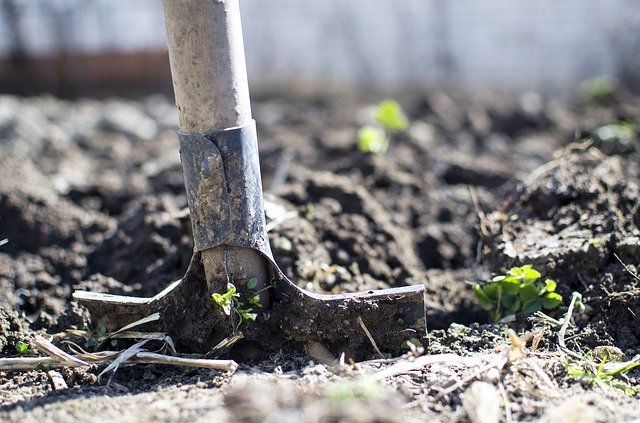When you’re thinking about installing a fence, you probably think about how tall you want it to be, what kind you like and how much you might need. But there are a lot of other things that go into a successful fence installation. One of those is ground conditions.
Here’s how what’s under the dirt matters, and how it might affect your fence.
Hard Digging
Most fence companies will base their price on auguring holes, either with a skid steer or bobcat attachment, or a handheld auger. Some might opt for post pounding. Both of those require the ground to be reasonably soft.
While a few small rocks won’t make a difference, if you have large rocks, buried concrete or very hard ground that is hard to dig, it will make the fence install take longer, and that will cost more money.
Collapsing Holes
On the other end of the spectrum, if the dirt is too loose, very sandy or tends to cave in for some other reason, you might find that your fence will cost more too.
Post holes that collapse in on themselves are a problem and may require things like cardboard forms to keep their shape. This, along with extra time for digging, will result in extra costs.
High Water Table
If your fence line is on a site with a very high water table, that can affect the excavation of your fence post holes too. In fact, in some cases where there is a very high water table, traditional footings won’t work at all, and you may need to try something like screw piles.
Buried Services
In most cases, your fence contractor won’t know that there are services under your fence line until you’ve had a locate done. By that time, they’ve probably quoted already.
But if there are a lot of services (gas lines, power lines and so on) under your fence it might be dangerous or even prohibited to dig along that fence line at all.
That might mean that you need to have the holes hydrovacced, or that you can’t use buried fence posts at all. In that case, a fully above ground fence panel on that section of fence can secure your fence line without any danger.
Hydrovac
Hydrovac is a great choice for fence lines where a fence crew can’t dig as they normally would. However, it usually costs more to hire a hydrovac company, and the holes they make tend to be much bigger and require more concrete.
So, while this is an option to safely dig holes where you might otherwise not be able to, it will almost certainly increase the cost of your fence.
Discuss It with Your Contractor
Fence contractors like Rite-Way have encountered nearly every subterranean issue you can imagine over the years, so we’ve usually got a solution that will work.
If you’ve already done locates or had a geotechnical study done, sharing that with your contractor can help to eliminate hidden costs. Or you could ask them to give you pricing for a few extra digging scenarios if you suspect this might be an issue.
There’s always a solution, but it’s a good idea to remember that if you aren’t sure what’s under the ground, neither is your fence company. Factor that into your budget, and make sure you contact a professional fence company like Rite-Way, who can offer a variety of solutions to problems like this.


